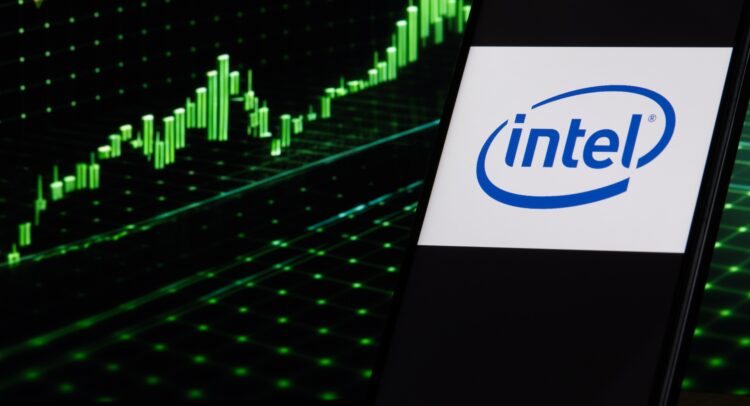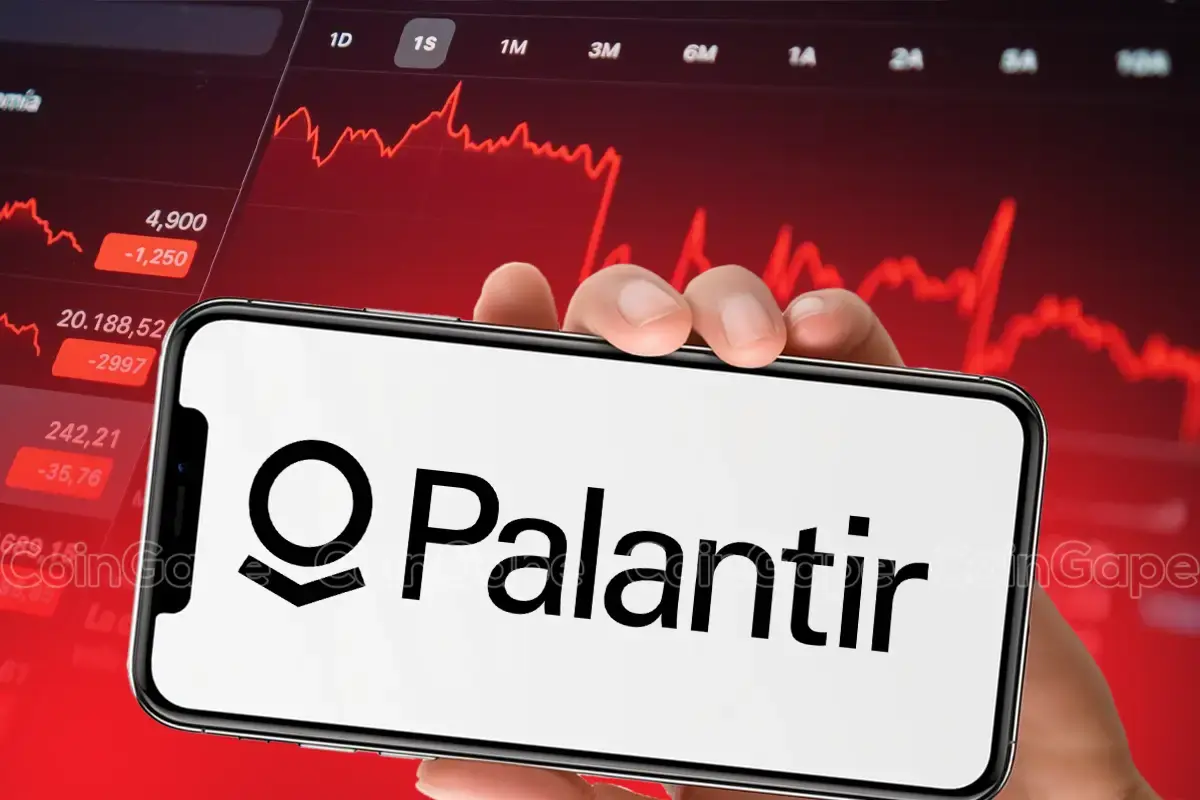## Cryptocurrency Integration in Banking: PNC Bank and Coinbase Partnership
The financial sector is undergoing a profound transformation as traditional banking institutions begin integrating cryptocurrency services directly into their platforms. A prime example of this shift is PNC Bank’s recent partnership with Coinbase, enabling customers to trade cryptocurrencies seamlessly within the familiar interface of their bank account. This marks a significant wave of innovation and acceptance in the U.S. banking industry, reflecting broader changes in regulation and market demand.
{.aligncenter}
### The Significance of PNC Bank’s Partnership with Coinbase
PNC Bank, historically a major regional banking player, has expanded its offerings with a bold new step: integrating cryptocurrency trading directly into its banking platform. Through the collaboration with Coinbase, one of the largest and most reputable cryptocurrency exchanges globally, PNC customers can now **buy, hold, and sell various cryptocurrencies** without leaving their bank’s ecosystem.
This is not just a convenience upgrade; it represents a fundamental shift in banking services:
– **Streamlined User Experience:** Customers no longer need to navigate multiple platforms to manage fiat currency and digital assets.
– **Increased Trust and Accessibility:** Having cryptocurrency services offered by a regulated bank reduces the entry barrier and increases consumer confidence.
– **Broader Acceptance:** This move encourages wider adoption of cryptocurrencies as legitimate financial instruments.
This development was reported by [Reuters](https://www.reuters.com/legal/government/pnc-taps-coinbase-create-crypto-trading-offering-bank-customers-2025-07-22/?utm_source=openai), highlighting PNC’s vision to blend traditional banking with cutting-edge digital asset management.
### Legislative and Regulatory Drivers: The GENIUS Act and Beyond
The Cryptocurrency Integration in Banking within U.S. banks is closely tied to evolving regulatory landscapes. A pivotal development is the passage of the **GENIUS Act on July 18, 2025**, which establishes a comprehensive regulatory framework specifically for stablecoins — a subset of cryptocurrencies pegged to the U.S. dollar to minimize volatility.
The GENIUS Act:
– Recognizes stablecoins as a regulated form of digital currency.
– Enables banks to issue and manage stablecoins with a clear legal structure.
– Promotes innovation in the digital asset space while protecting consumers and the financial system.
This legislation fosters a *crypto-friendly environment*, encouraging banks like PNC to expand into digital asset services confidently. The Financial Times details this regulatory progress, emphasizing its role in paving the way for digital currency adoption in mainstream finance ([FT.com](https://www.ft.com/content/4c41e6e8-374c-4b1a-ac7f-88c245fb18c8?utm_source=openai)).
### Broader Trends: U.S. Banks Embracing Cryptocurrency
PNC’s approach is part of a larger movement among U.S. financial institutions to integrate digital assets into their offerings. For instance:
– **JPMorgan Chase** is reportedly considering offering loans secured by customers’ cryptocurrency holdings, signaling an acceptance of crypto assets as collateral in traditional lending ([FT.com](https://www.ft.com/content/70279a78-6e48-49ec-a0c3-b091e9d87bc1?utm_source=openai)).
– Other banks are increasingly exploring partnerships with crypto exchanges and fintech firms to incorporate digital services.
These trends indicate a paradigm shift in how banking views cryptocurrencies — not as fringe or risky assets, but as core components of financial portfolios.
### Impact of Political and Regulatory Climate
The recent legislative momentum and digital asset integration have been supported by a favorable political climate under President Donald Trump’s administration. Contrary to common perceptions of regulatory resistance, this administration has taken steps to encourage innovation in blockchain and cryptocurrency sectors, reflected in:
– Passing crypto-friendly laws like the GENIUS Act.
– Supporting initiatives that provide clear regulatory frameworks for digital assets.
This political support is crucial for sustained banking sector involvement with cryptocurrency.
### What This Means for Consumers and the Future of Banking
For individual customers, the PNC-Coinbase partnership means easier access to the burgeoning crypto market:
– **Simplified Access:** No need for separate exchange accounts.
– **Security:** Banking-level protections may offer better security compared to standalone platforms.
– **Integrated Financial Management:** One-stop dashboard for all assets.
For banks, this integration opens new revenue streams and opportunities to innovate products — from crypto-backed loans to stablecoin-based payment systems.
### Conclusion
The Cryptocurrency Integration in Banking services within traditional banking platforms, epitomized by PNC Bank’s deal with Coinbase, heralds a new era in finance. Bolstered by significant legislative progress such as the GENIUS Act and a supportive political climate, U.S. banks are moving beyond cautious observation into active participation in the digital asset economy. This shift not only benefits consumers by enhancing access and security but also positions banks at the forefront of fintech innovation.
As this trend expands, we can expect a future where crypto and traditional banking services coexist seamlessly, fostering a more dynamic and inclusive financial system.
—
### References
– PNC taps Coinbase to create crypto trading offering for bank customers. [Reuters](https://www.reuters.com/legal/government/pnc-taps-coinbase-create-crypto-trading-offering-bank-customers-2025-07-22/?utm_source=openai)
– US Congress passes landmark bill to regulate stablecoins. [Financial Times](https://www.ft.com/content/4c41e6e8-374c-4b1a-ac7f-88c245fb18c8?utm_source=openai)
– JPMorgan prepares crypto-backed loans. [Financial Times](https://www.ft.com/content/70279a78-6e48-49ec-a0c3-b091e9d87bc1?utm_source=openai)
– PNC to offer crypto trading as it expands beyond regional roots. [Financial Times](https://www.ft.com/content/3e299c1f-868b-4872-b95b-af54fa611074?utm_source=openai)







